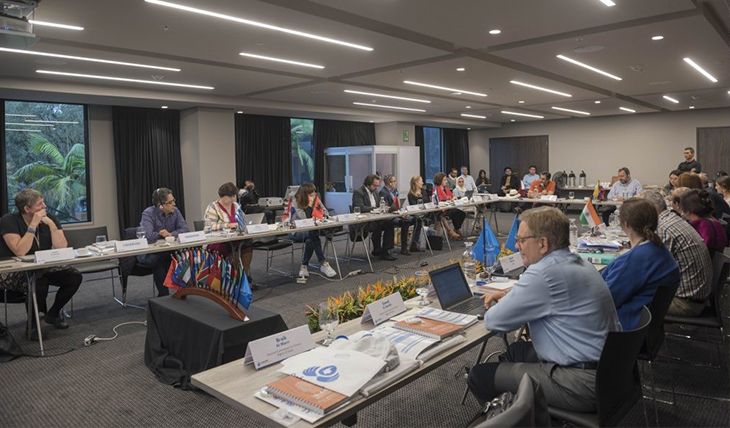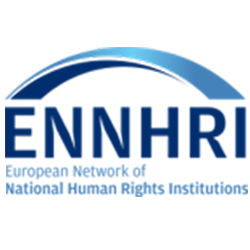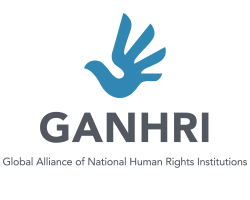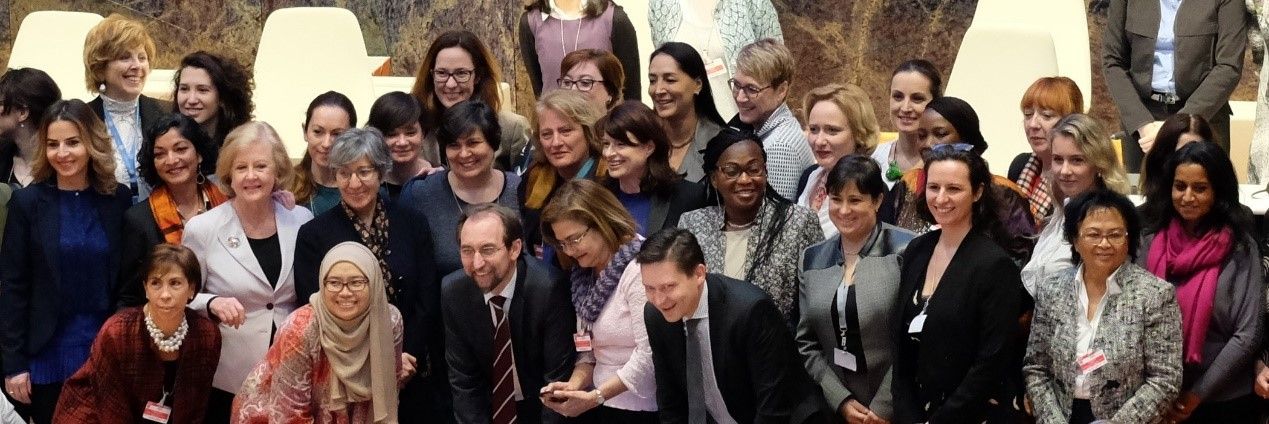
GNCHR, The Greek National Human Rights Institution
In Greece, the institutional role of the National Human Rights Institution (NHRI) has been assigned to the Greek National Commission for Human Rights (GNCHR). In accordance with the UN Paris Principles, similar NHRIs are already operating in most countries. Currently, 80 countries in the world have fully harmonized NHRIs (A status) and several others have launched the establishment of their own NHRIs (see GANHRI, Chart of the status of National Institutions).
The degree of compliance with the Paris Principles is the basis on which the NCRIs are evaluated - and regularly re-evaluated - by the Global Alliance of National Human Rights Institutions (GANHRI). Based on this evaluation they are accredited status A (full compliance) or status B (partial compliance), which determines their ability to participate in a number of mechanisms of:
- The United Nations (UN), such as collaborating with the UN Human Rights Council, the UN Human Rights Treaty Bodies (committees of independent experts that monitor implementation of the core international human rights treaties), special rapporteurs and independent experts (special procedures) and the universal periodic review process.
- The Council of Europe (CoE), such as collaborating with the CoE Commissioner for Human Rights, the European Committee for the Prevention of Torture and Inhuman or Degrading Treatment or Punishment (CPT) and the European Commission against Racism and Intolerance (ECRI).
- The European Union (EU), such as collaborating with the European Commission and the EU Agency for Fundamental Rights (FRA).
Thus, the NHRI accreditation process determines their ability to co-shape the international landscape of human rights and promote their protection in every country.
The GNCHR was re-elected in October 2018 for a second consecutive term (2019-2022) in the European Coordinating Committee (ECC), which is the executive body of the European Network of National Human Rights Institutions (ENNHRI). In addition, at the same ENNHRI General Assembly, the GNCHR was elected as a member of the Bureau of the Global Alliance of National Human Rights Institutions (GANHRI). The GNCHR is represented both at ENNHRI Bureau and GANHRI Bureau by its President, Professor Maria Gavouneli. In addition to its participation in the respective governing bodies of the European and Global NHRI networks, the GNCHR actively participates in the meetings, events and Working Groups of GANHRI and ENNHRI.
From 2002 to 2008, the GNCHR was an elected Member of the four-member European Coordinating Committee of NHRIs and a Member of the sixteen-member International Coordinating Committee of NHRIs, while from 2009-2011 it chaired the Special Group of the European NHRIs for Foreign Education.
ΕΝΝHRI Bureau
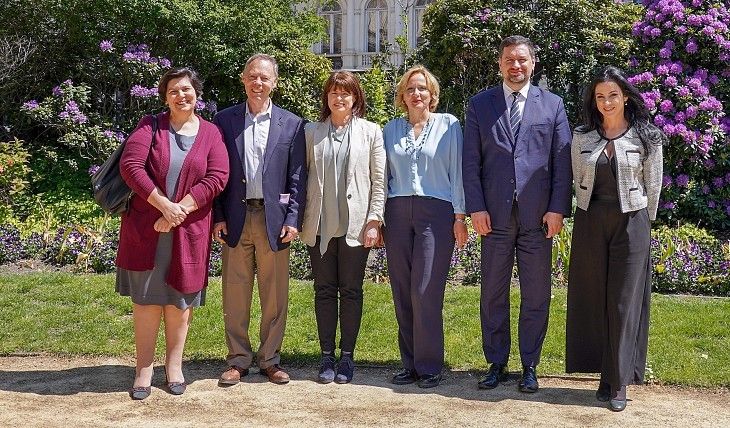
ENNHRI Working Groups
GANHRI Bureau
